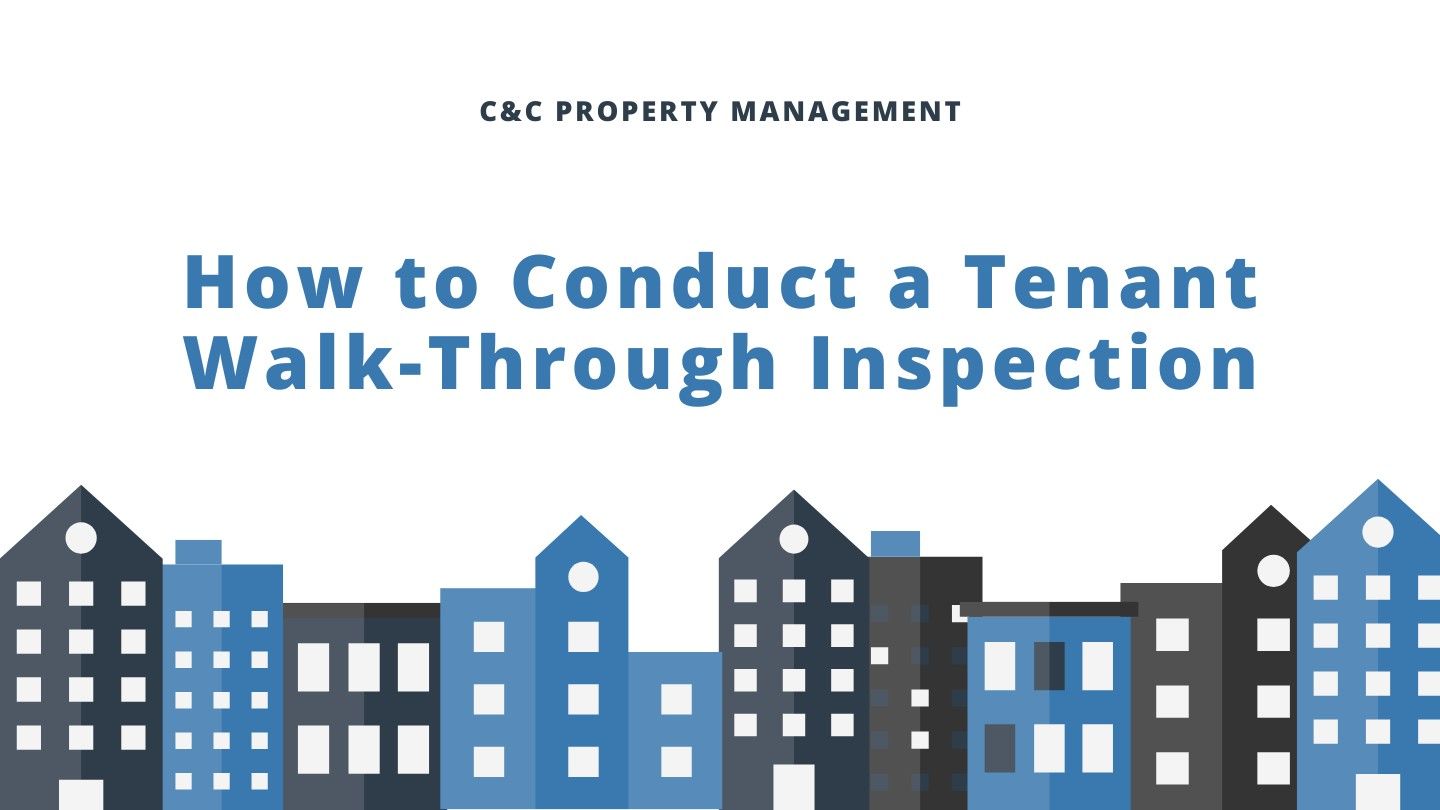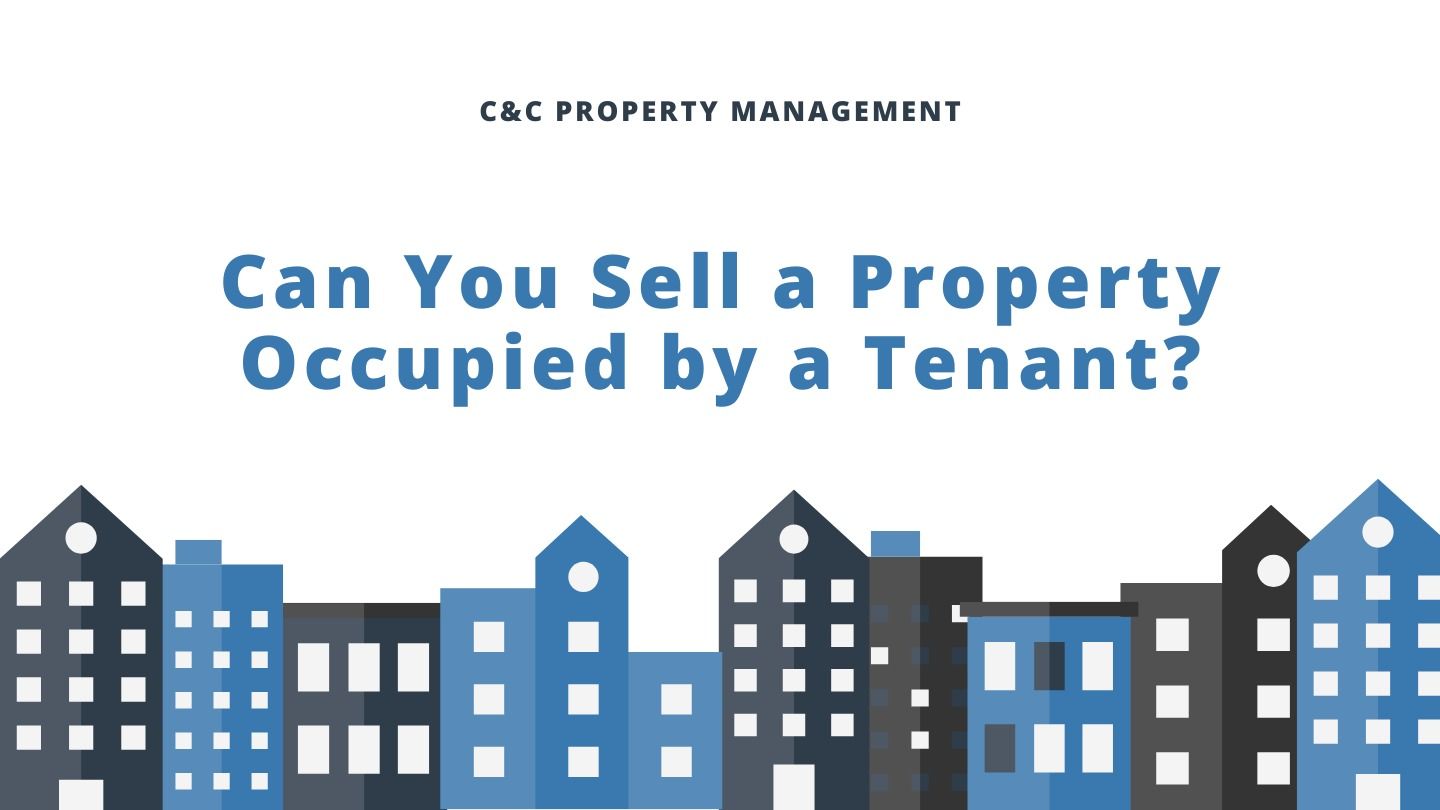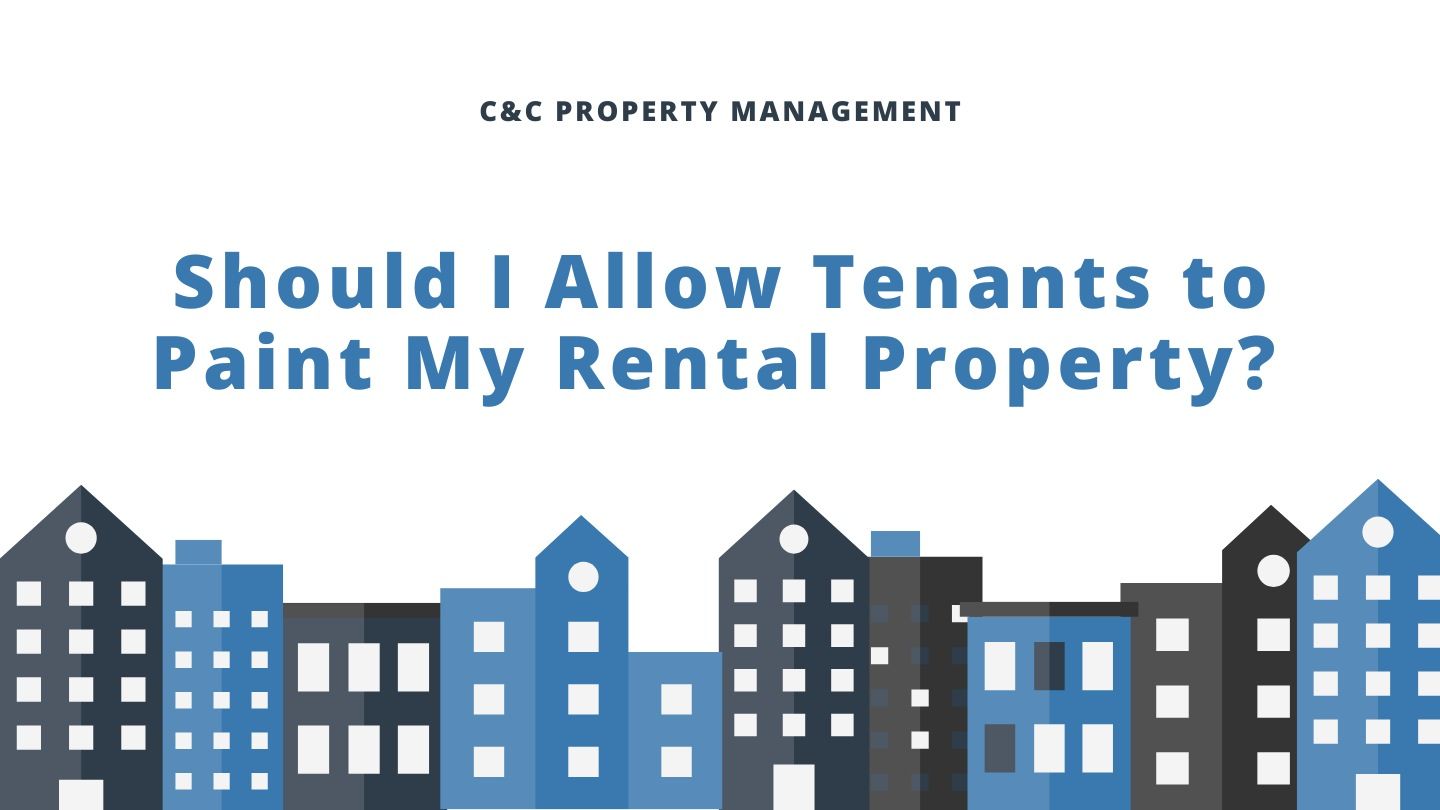AB 1482- State Wide Rent Control
AB 1482 – State Rent Caps
AB 1482 took effect on January 1, 2020.
AB 1482 imposes rent caps on some residential rental properties in California. It also imposes “just cause” eviction requirements that apply after residents have occupied the unit for a certain period of time.
In cities that already have a rent control ordinance in place (under the Costa-Hawkins Rental Housing Act), AB 1482 extends rent caps to some additional housing that is otherwise not covered under the existing local ordinance.
The law exempts certain properties from the rent caps and just-cause requirements, including (1) most single-family homes and condominiums, and (2) housing built within the last 15 years. In cities that already have a rent control ordinance in place (under the Costa-Hawkins Rental Housing Act), AB 1482 extends rent caps to some additional housing that is otherwise not covered under the existing local ordinance.
Contact your PM to learn:
How did we end up with statewide rent caps?
• Is your property governed by the new state law?
• How to calculate your annual rent increases based upon where your property is located
• Whether you need to rollback your rents on January 1, 2020
• What changes should be made to your lease to comply with the new law
• What notifications are required for existing tenants?
• What are the new requirements for enforcing lease violations and evicting a problem tenant.
• What new forms and procedures are needed to comply with the new “just cause” eviction restrictions.
• Plus, much more








